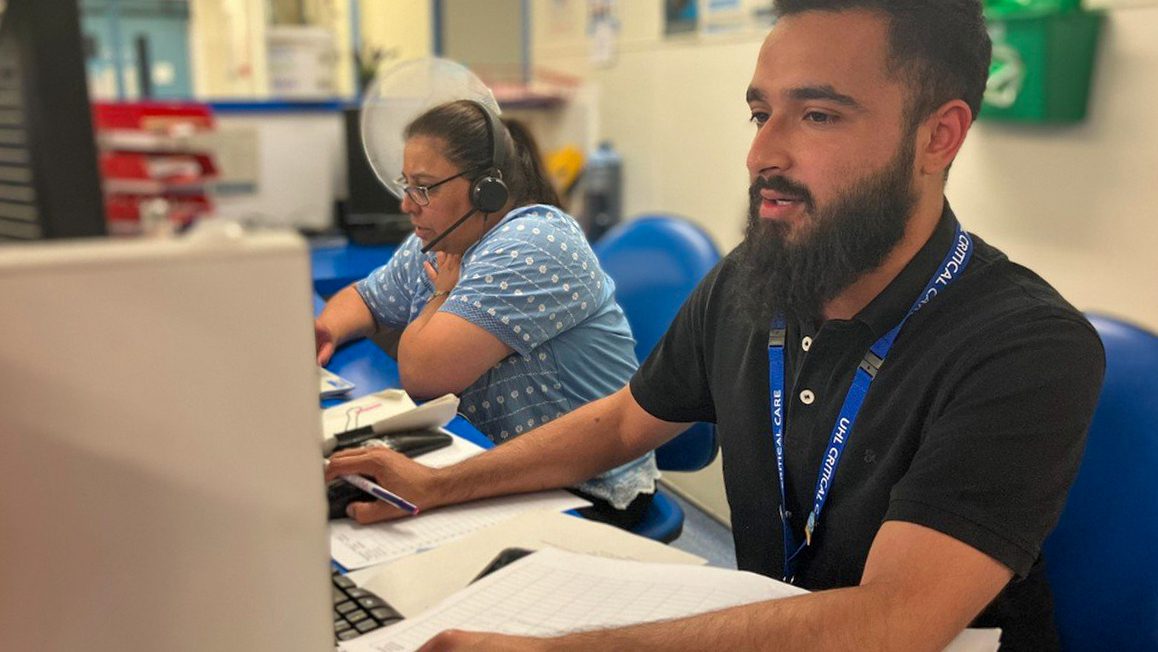The NHS Innovation Accelerator (NIA) is a fellowship programme which is being delivered collaboratively by NHS England, UCLPartners, The Health Foundation and with the Academic Health Science Networks (AHSNs). The aim of the NIA is to deliver on the commitment detailed within the Five Year Forward View – creating the conditions and cultural change necessary for proven innovations to be adopted faster and more systematically through the NHS, and to deliver examples into practice for demonstrable patient and population benefit.
Paul Volkaerts, Nervecentre CEO and now NIA Fellow, explains “I am very proud to be selected as a NHS Innovation Accelerator Fellow.The leaders of the programme certainly put us through our paces in the selection process, making the appointment all the more meaningful, and I’m very optimistic about what can be achieved working alongside UCL Partners and the AHSNs. I’m really looking forward to working with the NIA team on answering this question, and looking to see if we can accelerate the diffusion of this technology”.
The call for applications was launched by Professor Sir Bruce Keogh, Medical Director NHS England in January 2015. Following a rigorous, multi-stage selection process, the first cohort of 17 Fellows were appointed on the basis of having a set of values and passion for taking a high impact innovation to benefit more people and a wider population, and a willingness to generate system-wide learnings through sharing their experiences of diffusing innovations. More than 120 people from the UK and internationally applied to join the programme.The 17 fellows from the UK and abroad will receive funding, coaching from mentors such as Lord Ara Darzi, and delivery support through the academic health science networks to spread their new ways of working to patients, hospitals and GP practices throughout England.
The innovations will help to prevent diseases, speed up diagnosis, improve safety and efficiency of services and increase patient participation in decision making, self-management and research. This will lead to better health outcomes and a more sustainable NHS.
At a launch event on 6th July 2015, NHS England chief executive Simon Stevens said he expected the 17 “exceptional individuals” identified to be part of the programme to become “leaders of the world-changing innovation in health care”. He said many people working in the health service have good ideas for how to improve it, but get bogged down in a “sticky sludge” when trying to disseminate them. He encouraged the fellows to feedback on the barriers stopping the spread of innovation and how these can be removed.
Dr Mahiben Maruthappu, NHS England lead for the Innovation Accelerator programme, said:
“innovation is critical to enabling the NHS to achieve the ambitions set out in the Five Year Forward View: to ramp up the pace and scale of change, and deliver better outcomes for patients.





